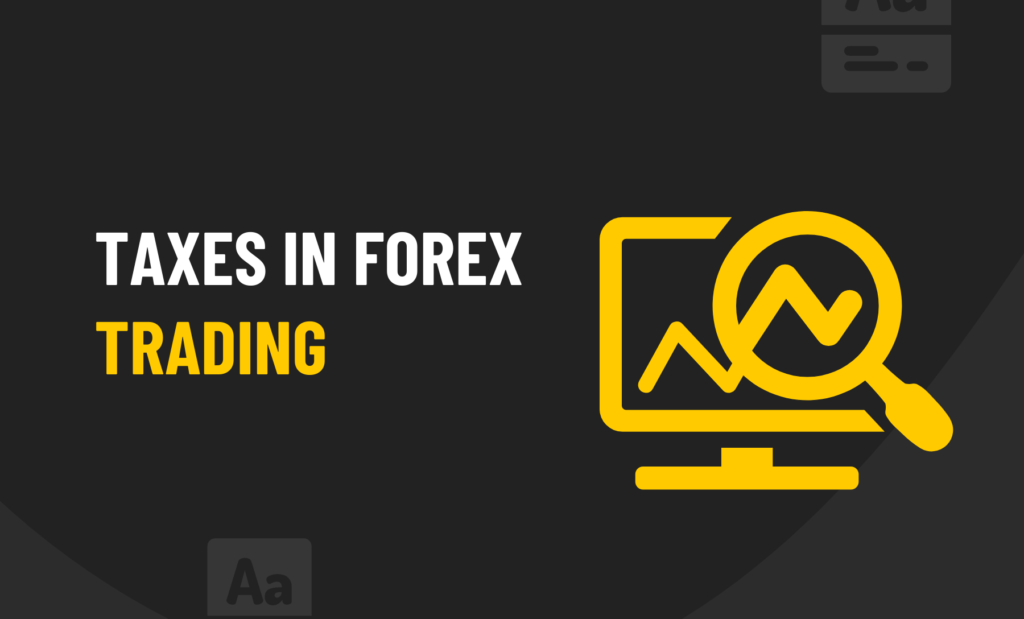
Source: Pexels
In recent years, there has been a lot of hype surrounding forex trading. Given the industry’s excellent earnings, it is evident that many people are interested in starting a forex trading business.
But for a newcomer, the forex market is anything but easy. If you’ve never traded before, you’ll need to learn all the technical terms before you can even begin understanding the entire process!
Even though it can be challenging in the beginning, it is still possible to have a highly successful career in forex trading. There are already a few traders with excellent success rates.
If you’re looking to make forex trading your new career path, you’ll have a lot of things to think about. One of these is taxes. Tax systems may vary depending on what country you’re trading in, but you’ll want to be pretty clear on the rules, so you are not at risk of breaking any!
To help you on your forex journey here is some information about taxes in forex trading and how they tend to operate in most countries.
CFDs and spread betting in the UK
If you prefer spread betting in your forex trading, there is some excellent news for you. Spread betting is not subject to tax in the UK, allowing you to keep all of your winnings.
This is because spread betting is considered gambling in theory. Additionally, since you do not own the assets you are dealing with, you are not subject to capital gains tax or stamp duty.
CFDs are a little different because you must consider capital gains tax. Although there is no stamp duty, you will still have to pay a set of capital gains taxes on your profits.
Tax on Trading as a Career
If trading is your primary source of income, you’ll be classed as self-employed. This means tax will work similarly to any other personal business.
You will have to register with HMRC and declare your profits, acting as your income. You will be subject to income tax on all profits above the threshold, currently £12,570 per annum.
Trading as a Side-Hustle
If you are trading for a bit of extra cash on the side, you will be covered by the trading allowance. This allows you to earn an extra £1000 per year tax-free with trading.
If you’re earning more than £1000 a year as a side income, anything above £1000 will be taxed at standard income tax rates.
What if You Don’t Live in the UK?
The rules above only apply to UK traders. Tax rules will change if you’re not trading in the UK.
For example, US taxes have a system of long-term and short-term capital gains taxes. This means the amount of tax you pay will change depending on how long you’ve held the asset.
If you’ve held the asset for more than a year, you’re likely to pay less tax on the profits from the sale.
Final Thoughts
Keep in mind taxes will be different in different countries.
Make sure to check your government website or a trustworthy source to check the tax rules in your home country. This will avoid any problems with tax that you may run into further into your trading career.




